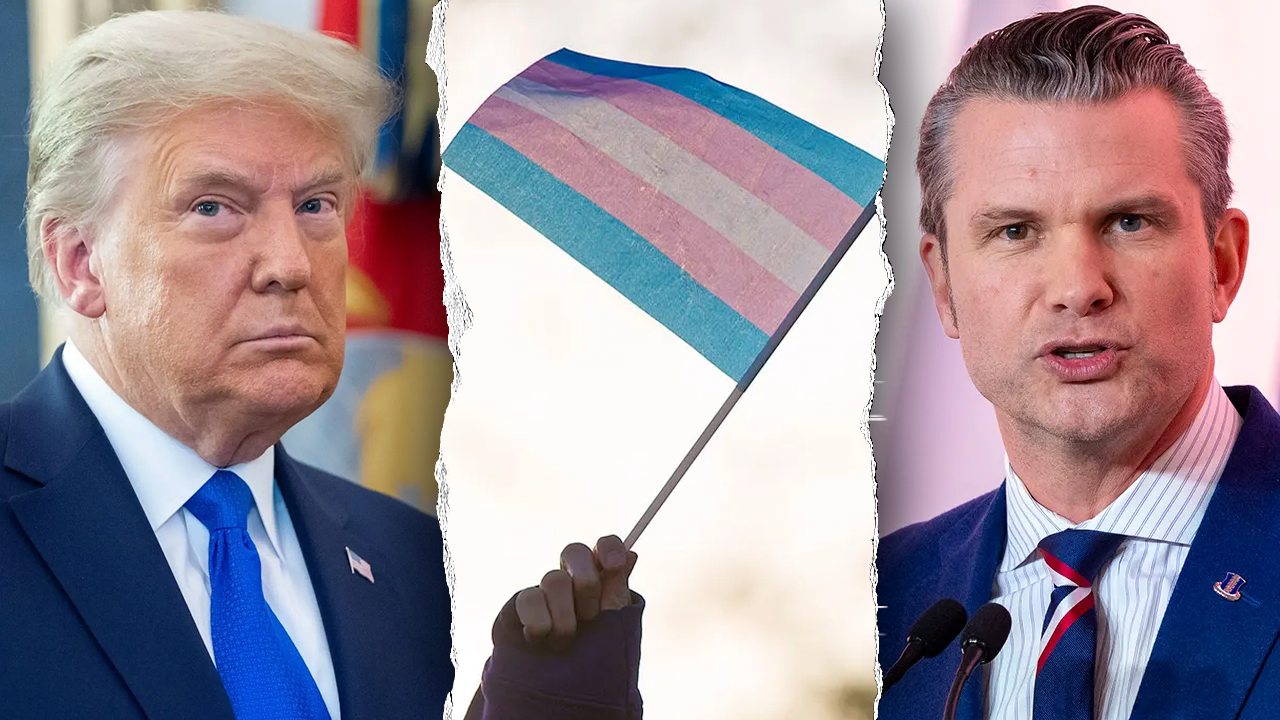Supreme Court issues decision on transgender military ban

The Supreme Court has made a decision to support the Trump administration in lifting a lower court’s order that had paused the Pentagon’s transgender military ban. This ruling comes as President Trump aims to reverse the Biden-era diversity, equity, and inclusion (DEI) agenda. The high court’s decision allows the Pentagon policy to take effect, overturning the lower court injunction.
Justices Sonia Sotomayor, Elena Kagan, and Ketanji Brown Jackson were in favor of denying the administration’s appeal and maintaining the lower court injunction. The case at hand, Shilling v. United States, revolves around President Trump’s executive order issued in January, which banned transgender individuals from serving in the military. The order required the Department of Defense to update its guidance on transgender medical standards for military service and eliminate any guidance that was deemed inconsistent with military readiness.
Following the executive order, seven transgender military members filed a lawsuit against the administration, arguing that the ban unfairly targeted transgender individuals and discriminated against them based on their gender identity. U.S. District Judge Benjamin Settle issued a preliminary injunction in March, blocking the administration from identifying and removing transgender service members while the case proceeded through the legal system.
Judge Settle’s decision was based on the belief that the ban constituted a blanket prohibition on transgender service members and violated their equal protection, First Amendment, and procedural due process rights. The injunction aimed to maintain the status quo of military policy regarding transgender service members that was in place prior to President Trump’s executive order.
The administration appealed the injunction to the Ninth Circuit, seeking a stay on the order. However, a three-judge panel denied the administration’s request for a stay, preventing them from enforcing the ban while the legal challenge continued. The administration argued that the policy was necessary to ensure military readiness, unit cohesion, good order, and discipline.
The case, Shilling v. United States, is just one of many legal challenges to the Trump administration’s transgender military ban. In a separate lawsuit in D.C. federal court, U.S. District Judge Ana Reyes also initially blocked the ban from taking effect. The ongoing legal battles highlight the complex and divisive nature of the issue.
In conclusion, the Supreme Court’s decision to side with the Trump administration in lifting the lower court’s order represents a significant victory for the administration’s efforts to implement the transgender military ban. The legal challenges surrounding the ban continue to raise important questions about equality, inclusion, and military policy.




